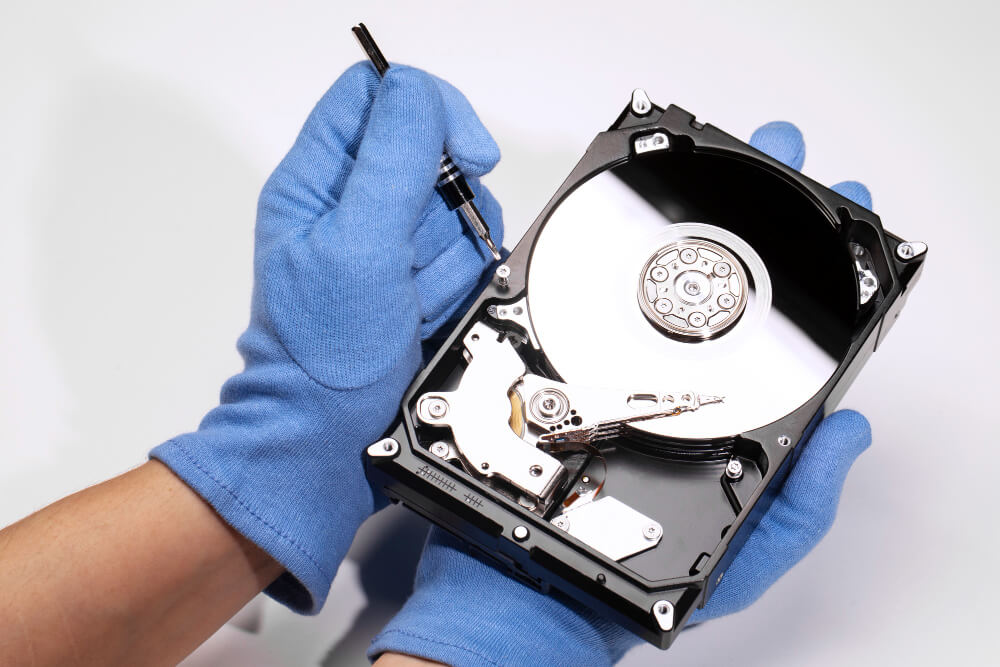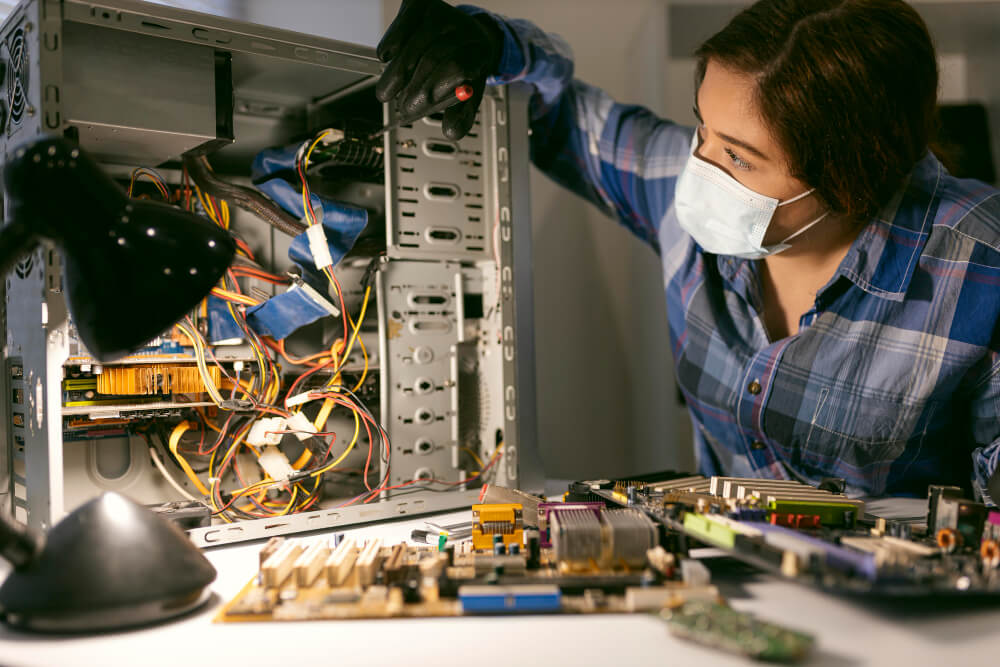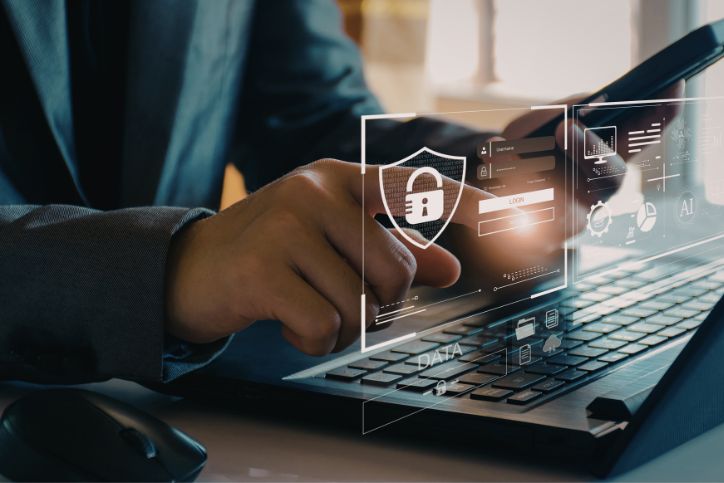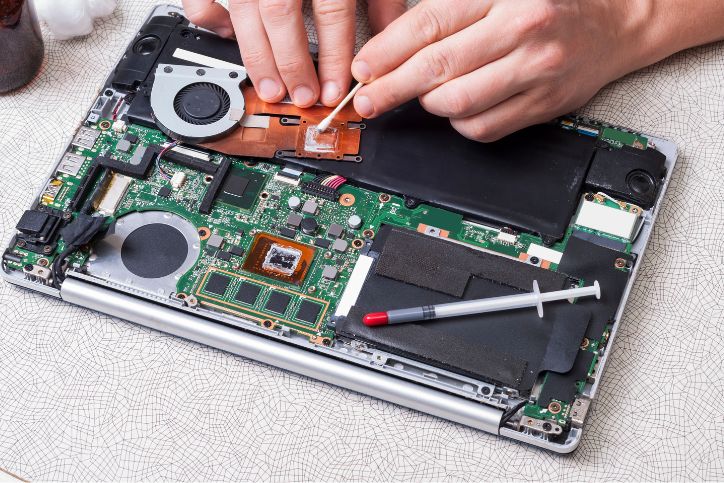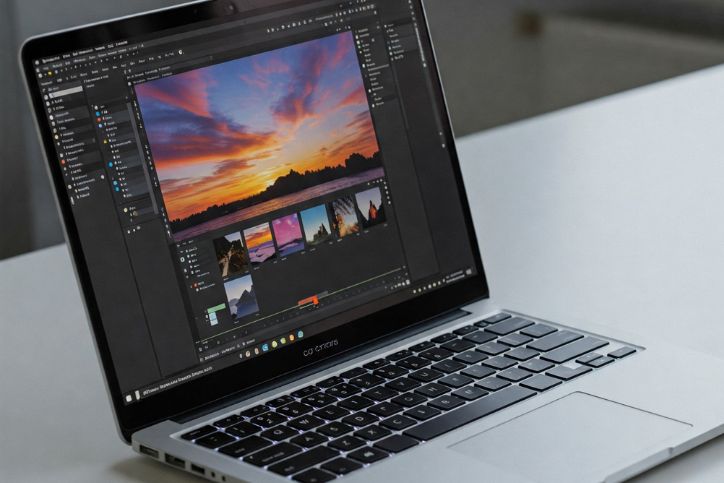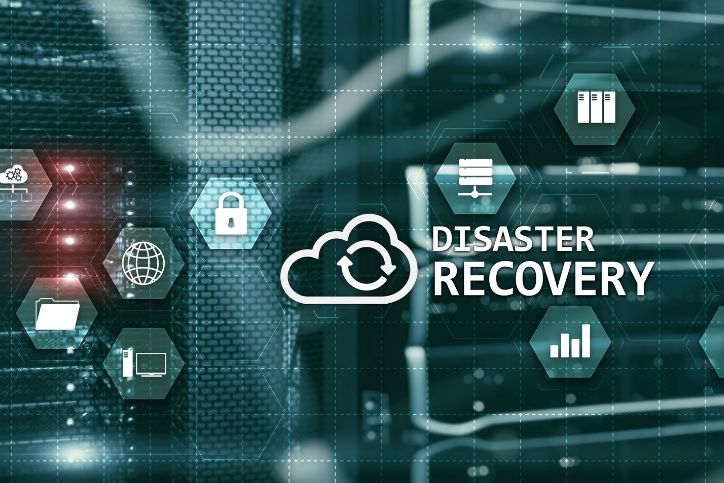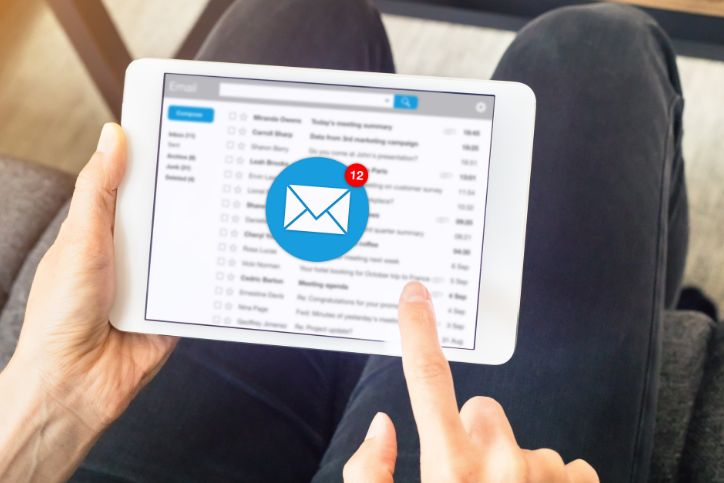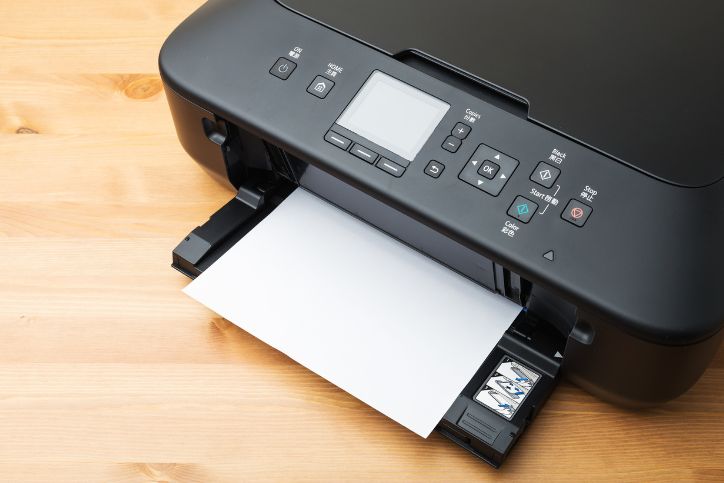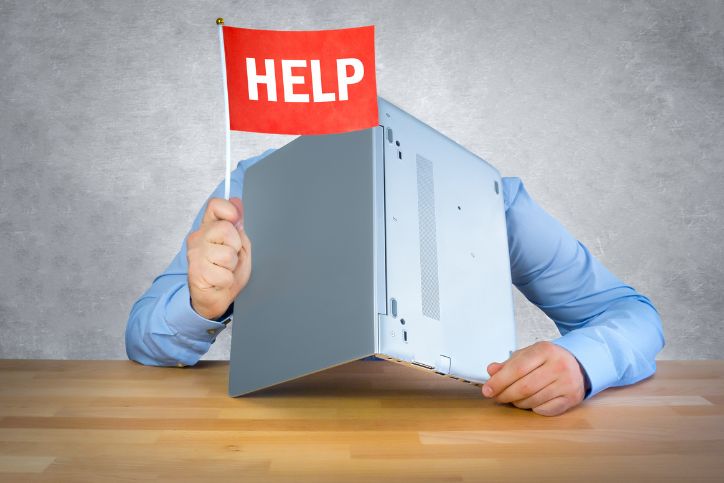Is Your Laptop Running Slow? Here’s What to Do
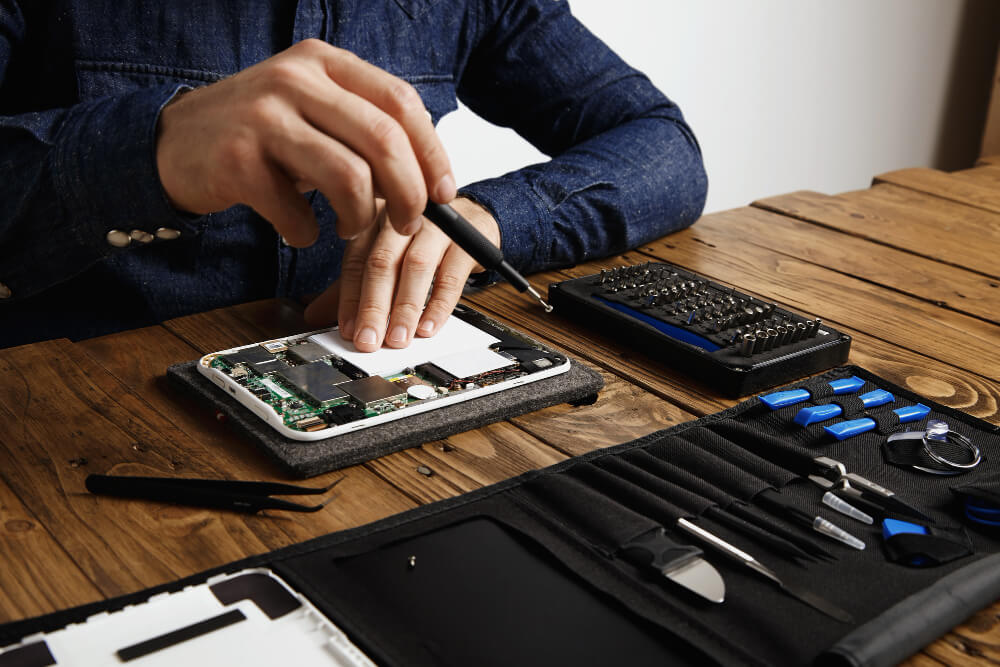
Is your once-speedy laptop now moving at a snail’s pace? You’re not alone. Over time, many laptops tend to slow down, causing frustration and decreased productivity. But fear not; there are steps you can take to rejuvenate your laptop’s performance and bring it back to its former glory. In this guide, we’ll explore common reasons why laptops slow down and provide practical solutions to help you speed up your device.
Table of Contents
ToggleUnderstanding the Causes of Slow Laptop Performance
Before diving into the solutions, let’s briefly explore some common reasons why your laptop might be running slowly:
Insufficient Hardware Resources:
Modern software and applications demand more hardware resources, such as RAM and processing power, than ever before. If your laptop has older or limited hardware, it may struggle to keep up with these resource-intensive tasks, leading to sluggish performance. Upgrading your laptop’s hardware, such as adding more RAM or upgrading to a faster solid-state drive (SSD), can significantly improve its ability to handle modern software.
Software Bloat:
Over time, your laptop can accumulate unnecessary software, including trial applications, pre-installed bloatware, and programs you no longer use. This software can consume system resources, both in terms of storage space and processing power, which can slow down your laptop. To address this issue, perform regular software cleanups. Uninstall programs you no longer need or use, and consider using PC cleaning tools to remove temporary files and unnecessary registry entries.
Malware and Viruses:
Malicious software, such as malware, spyware, and viruses, can infiltrate your laptop and cause disruptions and sluggishness. These unwanted programs can run in the background, consume system resources, and compromise your data security. To safeguard your laptop, ensure that you have reliable antivirus and anti-malware software installed. Regularly update and run scans to detect and remove any threats.
Fragmented Hard Drive:
Hard drive fragmentation occurs when files are scattered across the storage device, making it slower to access data. Over time, this fragmentation can lead to slower boot times and reduced overall system performance. To address this issue, consider using the built-in Windows Disk Defragmenter or third-party defragmentation tools to optimize your hard drive. For laptops with solid-state drives (SSDs), fragmentation is less of a concern due to the way SSDs function.
Startup Programs:
Having too many programs set to launch at startup can significantly slow down your laptop’s boot times and overall performance. Each program that starts with your operating system consumes resources and extends the time it takes for your laptop to become fully operational. To manage startup programs, use the Task Manager (Windows) or the System Preferences (macOS) to disable unnecessary startup items. Only keep essential programs that you use regularly in this list. Be sure to check out 6 Things To Do If Your Laptop Won’t Turn On for more information.
Steps to Revive Your Slow Laptop
Now that we understand the common culprits, let’s explore the steps you can take to address them:
1. Clean Up Your Hard Drive
A cluttered hard drive can lead to slow laptop performance. Start by:
- Removing Unnecessary Files: Delete old and unnecessary files, including temporary files, downloads, and duplicates. Use the built-in disk cleanup tools on your operating system to simplify this process.
- Uninstall Unused Programs: Go through your installed programs and uninstall those you no longer need or use. This not only frees up storage space but also reduces the background processes that may slow down your laptop.
While these are important steps that can be used to help improve your laptop’s speed. Sometimes it might be worth checking into an upgrade. Our team of experts works with you to determine if it’s time for a laptop repair or replacement.
The Importance of Regular Maintenance
Preventing future slowdowns is as important as addressing current issues. Here are some tips for ongoing laptop maintenance:
- Regularly Back Up Back up your data to an external drive or cloud storage to avoid data loss during unexpected issues.
- Keep Software Lean: Install only necessary software, and regularly uninstall unused programs.
- Stay Vigilant: Continue to use reputable antivirus software and be cautious when downloading files or clicking on links.
- Stay Up-to-Date: Regularly update your operating system, drivers, and software.
By following these steps and incorporating regular maintenance into your laptop care routine, you can enjoy smoother and more efficient performance from your device.
Don’t Hesitate to Seek Professional Help
If your laptop’s performance issues persist despite your efforts, it may be time to seek professional assistance. Geeks 2 You offers expert laptop repair and optimization services. Our technicians can diagnose and resolve issues to get your laptop running like new. Don’t let a slow laptop hinder your productivity. Contact us today to schedule a consultation and experience the benefits of a faster, more responsive laptop.
Instant Quote
Get A FREE Quote IMMEDIATELY
Other Blogs You May Be Interested In
Categories
Satisfaction Guaranteed
Computer Repair You Can Trust


